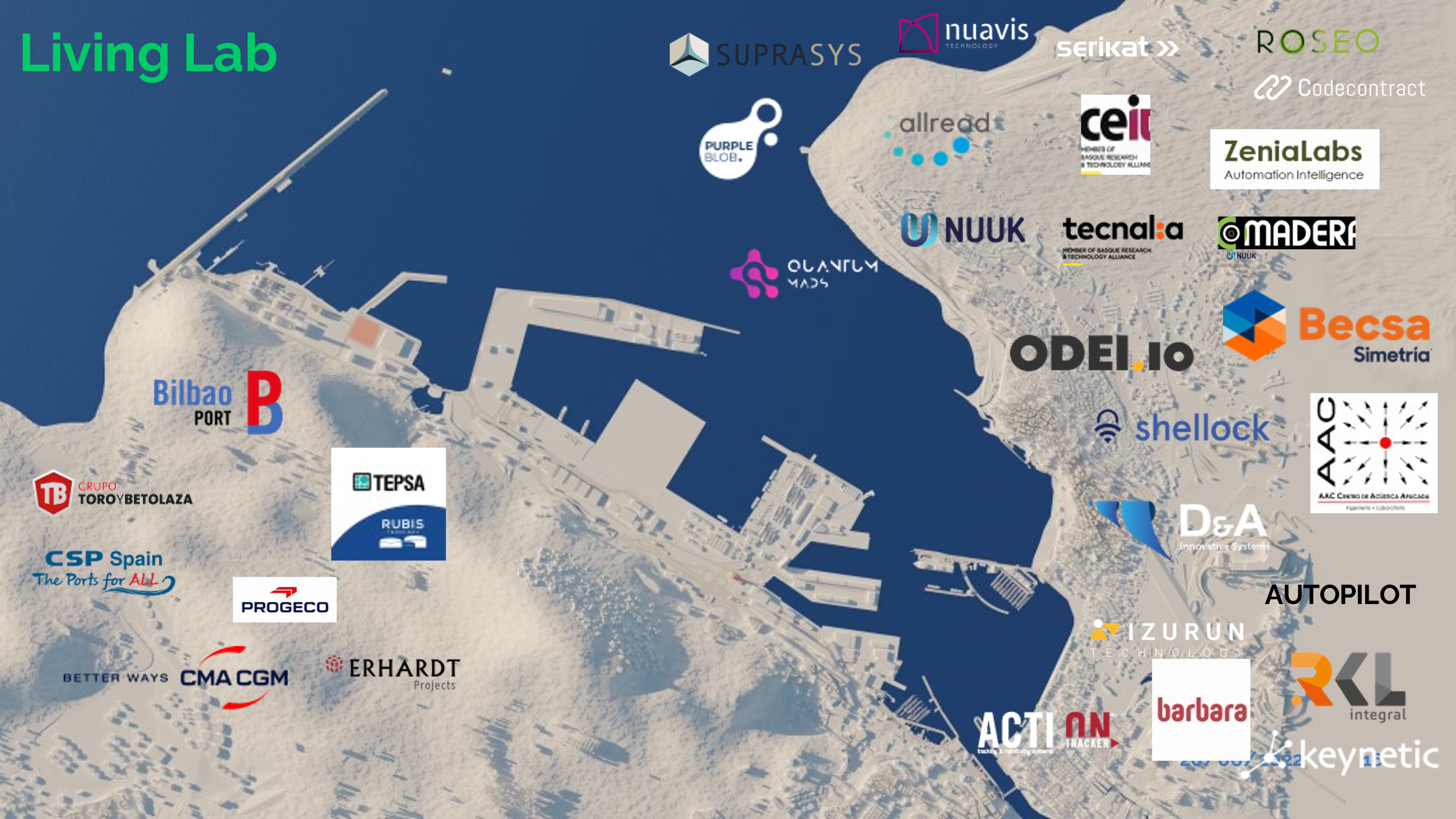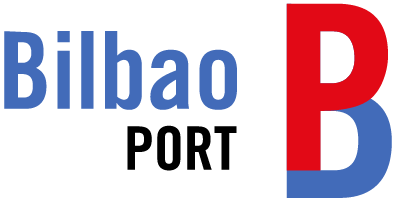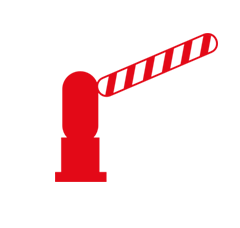Bilbao PortLab, the innovation hub promoted by the Port of Bilbao and part of the Bilbao Port and River Foundation, has held its advisory committee meeting to assess and review the activity of the organisation in innovation and social sustainability, and to present projects by the creators themselves. Additionally, José Llorca, Head of the Innovation Area of Puertos del Estado / the State Ports Authority and instructor of the Ports 4.0 programme, reported back on the results of the second call for proposals.
In 2021, Bilbao PortLab set up an ecosystem of 364 different players and 113 matches, including 18 “triple matches” involving a challenge identified by the port community, a proposed solution to the challenge and funding for taking the subsequent project forward.
The projects include the proofs of concept trials which have already been conducted in connection with the ideas funded under the first call for proposals of the Ports 4.0 Fund. These include:
- PoC Shellock: a smart seal for tracking containers and/or trucks, which may also include temperature, humidity, movement, light or shock sensors. The device comes with associated software to monitor the location and situation of the cargo or container. In this case, two PoC tests were carried out with the companies Progeco and CMA-CGM.
- PoC Nuavis: a computer vision system in the Toro y Betolaza warehouses, designed to determine the most suitable places for positioning cameras to accurately identify the truck and the paper reels so that they can be traced in the warehouse.
- PoC Suprashore: presented by Suprasys, the idea consists of laboratory-scale testing of superconductor cable and the analysis under different conditions of the proposed benefits to be derived from the project.
Mention should also be made of the awareness-raising and training activities undertaken with clusters (UniportBilbao, Basque Maritime Forum, MLCluster, Gaia and Aclima) to explain the activity of Bilbao PortLab, as well as the fact that these outreach activities have also been held in La Rioja, as part of the hinterland of the Port of Bilbao. In addition, representatives of PortLab have also taken part in several round-table conferences, as speakers at congresses or with a stand of their own.
With regard to funding, and within the second call for proposals of the Ports 4.0 Fund, four ideas presented with the support of Bilbao PortLab have been provisionally approved:
- IO: cloud-hosted construction management software on a collaborative platform for real-time planning and monitoring of construction projects.
- Port Q: development of a software tool that combines quantum computing with classical optimisation, capable of integrating the large number of parameters and data involved in the logistics chain and enabling optimal management of empty containers.
- Smart Pump: smart management of the maintenance of pumping systems, based on an IoT platform, capable of collecting operational data and analysing the status of each of the systems in real time, detecting and issuing advance warnings of faults and problems using preventive algorithms.
- Autopilot: an intra-entrepreneurship project by an Port Authority staff member, who has presented a Remote and Digitised Pilotage System in response to how best to provide the port pilotage service to autonomous vessels.

These companies have had the opportunity to explain to the committee their idea and how they will run the proof of concept trial in the port of Bilbao.
Within the second call for proposals of the Ports 4.0 programme, two commercial projects supported by the Port of Bilbao and 16 pre-commercial projects enabled by the APB or by companies of the port community have been presented. A decision on these projects will be made by the end of the year.
Furthermore, the two projects funded through the Galatea call for proposals were also presented. On the one hand, Nuuk, a project to develop a collaborative 360º Platform for Surveillance and Crisis Management that enables the Port Authority and other stakeholders (operators, firefighters, etc.) to visualise and manage events in real time using video, audio and sensor technology in surveillance and emergency situations; and, on the other hand, Zenialabs, to automate inspection of refrigerated containers through artificial vision applied to robotic systems.
Finally, approved pre-commercial projects and ideas closed under the first Ports 4.0 call for proposals were followed up.

 Port access
Port access